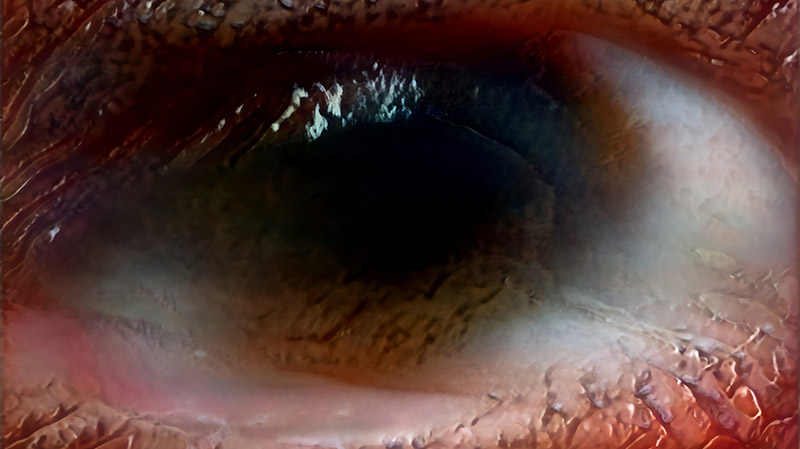
-

-
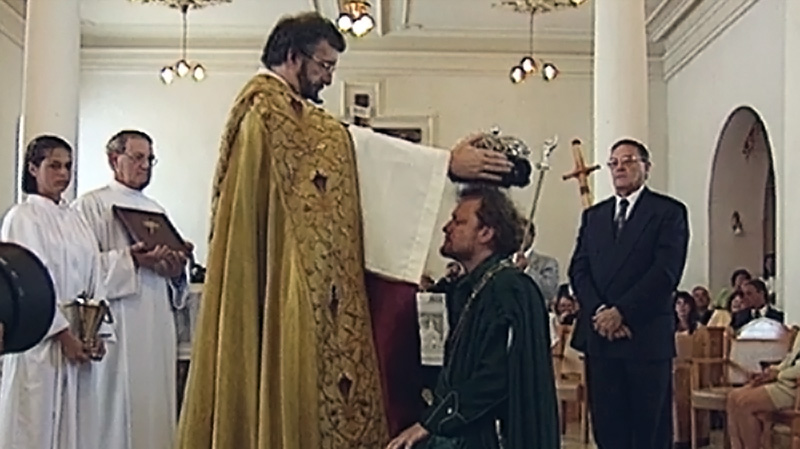
The Kingdom of L’Anse-Saint-Jean
This article in issue 35 examines the strange case of Quebec's "King" Denys I. [...] -
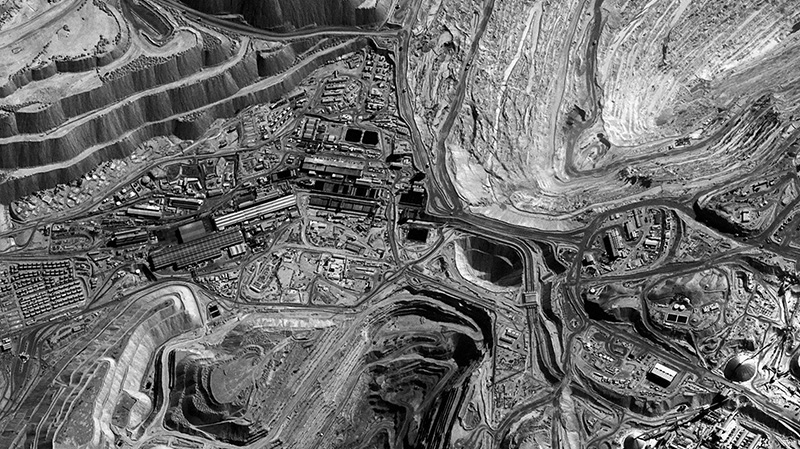
Trafficking the Earth
In this paper in Issue 33, explore the legacies of copper and nitrate mining in the driest place on Earth: the Atacama Desert. [...] -
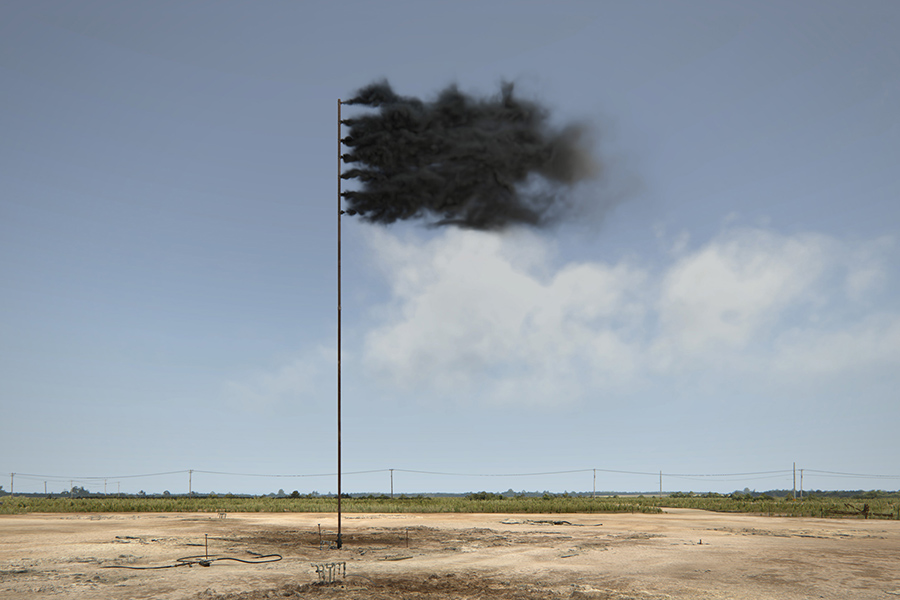
Black Gold
Lisa FitzGerald's article in Issue 32 examines the material aesthetics of oil. [...] -
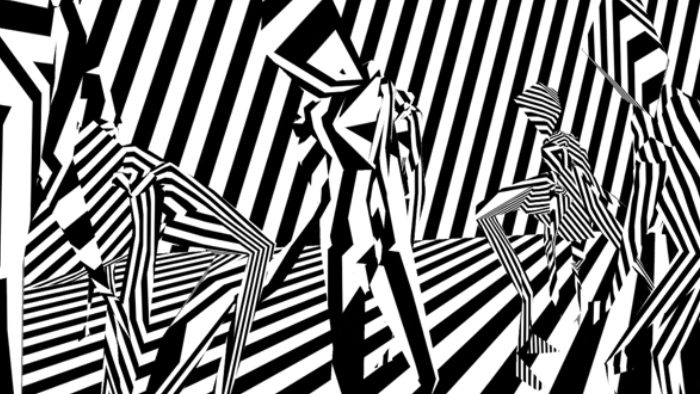
Affect in Virtual Reality
This paper in Issue 31 discusses the VR works of British duo Gibson / Martelli. [...]
Previous Issue
-

Issue 35: Anomalous / Autonomous
July 30, 2021 Comments Off on Issue 35: Anomalous / AutonomousAlong with established national states, the planet has a scatter of anomalous and/or autonomous territories whose existence is performed in various ways. These include officially recognised archaic micro-jurisdictions (such as those operating in the Channel Islands, off the west coast of Normandy, France); self-proclaimed micro–nations in various regions; territories established offshore in efforts to escape national control; rhetorical utopias that have no material existence; and territories created in traditional and new media that intersect with material reality in various ways. These entities are significant for affronting the fixity of nation states and their boundaries through their détournement of various aspects [...]
Current Issue
-
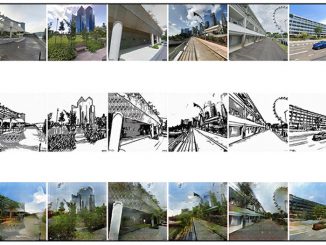
Issue 36: Artificial Creativity
March 16, 2022 Comments Off on Issue 36: Artificial CreativityThis special issue entitled Artificial Creativity aims to foment discussion around the cultural, societal, and ethical aspects of robots or AI engaged in creative production. On the one hand, one can ask: what are the possibilities and potential pitfalls of AI technologies in the cultural sector? For example, AI makes its recommendations and choices based on its exposure to large databases, and yet Lev Manovich warned about the “increasing automation of the aesthetic realm”, which might, over time, reduce cultural diversity (Manovich 85). On the other hand, AI technologies encourage debate about the meaning of creativity. Some authors suggest revisiting [...]
Current Calls for Papers
Issue 37: Idealism and Contemporary Film Theory: Subjectivity, Politics, Technics.
>>> Abstracts (200 – 400 words excluding references) are due 17th April 2023, with a view to submit articles by 21st July 2023.
About the Journal
Transformations is an independent, double-blind peer-reviewed electronic journal addressing the transformative processes of new technologies and mediating practices that change the way we think, feel and interact with others both in a contemporary and historical sense. We welcome writing from the perspective of cultural theory, critical philosophy, aesthetics, media studies and other humanities approaches.
